Member Directory,
1847 - 1922
William Dean Howells
Author
Centurion, 1897–1920
John Q. A. Ward and Edmund C. Stedman
Martins Ferry, Ohio
New York (Manhattan), New York
Age sixty
Cambridge, Massachusetts
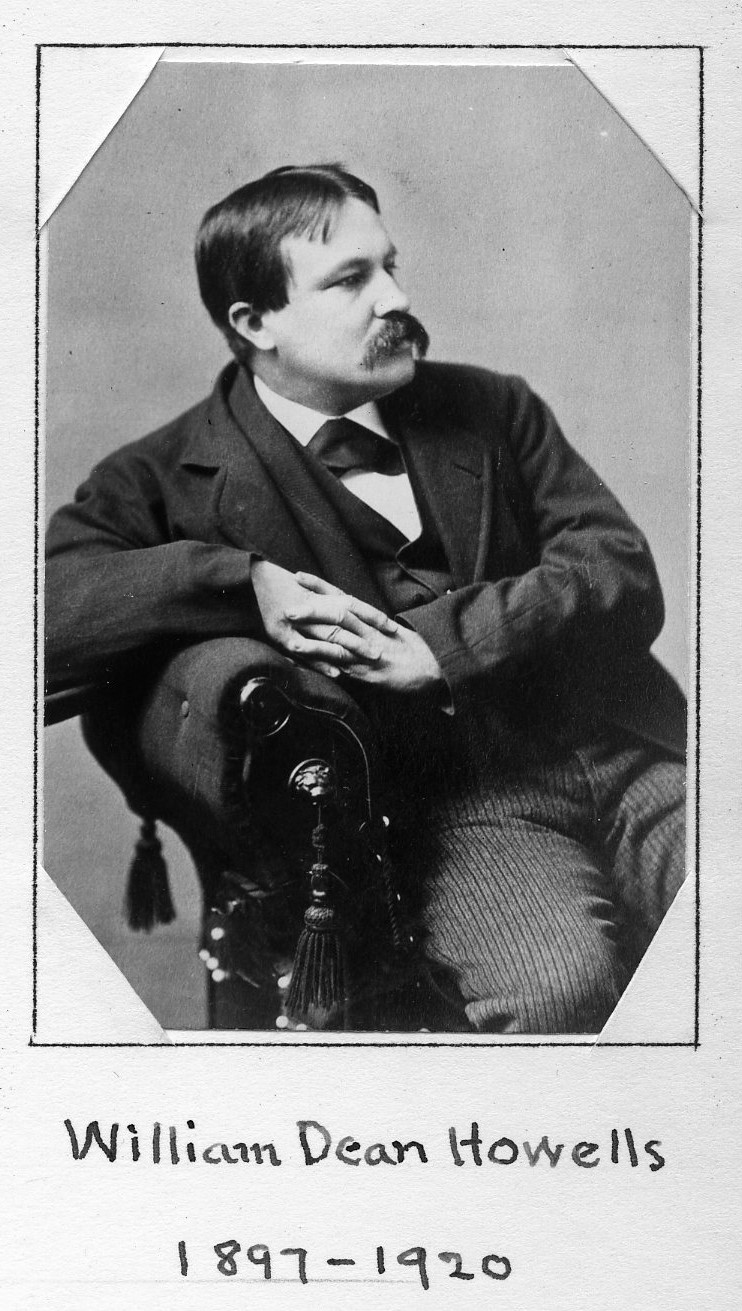
Archivist’s Notes
Second vice president of the Century Association, 1909–1911; designated an honorary member in 1912
Century Memorial
It is evidence of the changing popular conceptions from one generation to another that William Dean Howells, who in his earlier days was himself deemed an innovator and iconoclast in the field of fiction, should nowadays seem to the new public all but old-fashioned. He had his bout with the Thackeray and Dickens worshipers, to whom what the public of thirty or forty years ago called Howells’s realism was an undoubted grievance; but to disciples of the present-day innovators who have learned to consider literary nakedness as the genuine realism, Howells may well seem mid-Victorian. Nevertheless, Howells had what is rather pitifully lacking in the Wellses and Bennetts, and what will make his best stories live as neither the best nor the worst of theirs are at all likely to do; clear insight into human nature, extraordinary grasp of the actual working of the human mind in those bewildering dilemmas which arise in everyday life, real though wholly unostentatious culture, the art of outlining personal characteristics so that the subject lives, and a style which, with all its easy and unaffected grace, had the distinction of never intruding between the reader and the story.
Howells, in his polemical days, had a good deal to say of the unnatural theories of human nature and the unwarranted strain on circumstance to which the older novelists resorted; yet the longer he wrote, the more frequently he was himself drawn by the exigencies of his plot into the very pitfalls against which he had warned his readers. The dramatic moment in the Hazard of New Fortunes when the old German Radical, the dreamy young worker among the poor, and the editor of the magazine on which both are employed, are all brought by chance at once to the spot where two of them are killed, is only one of them. But Howells was too good an artist not to let his story lead him, regardless of his theories.
His literary theories and his literary art were in fact very largely independent of one another. As a critic, Howells was one of the foremost admirers and literary promoters of the Russian novelists; yet he himself has nothing of the savage realism of Dostoyeffsky and little of the harsh touch of Tolstoy; his own art resembling far more closely the very un-Russian method of the expatriated Russian Turguenieff. Howells had his hobbies and sometimes tried them in his novels; but even with such somewhat rare experiments as the introducing of current slang in the language of his narrative—presumably on the theory that it might some day be good English—the only consequence was to create in the contemporary reader’s mind the mild surprise with which he would have listened to the same phrase from the lips of a cultured acquaintance, and to give a curiously archaic touch to the passage when read again in later years.
It was so with Howell’s half-avowed Socialist proclivities. One rarely took them quite seriously even in the Easy Chair, and never in the novels; he seemed to be analyzing Socialism as he analyzed the mind of the dreamy unpractical young philanthropists in his stories. But his books are very human books; his gallery of human types is a delight to which we perpetually return. He did not hesitate to draw the eccentric, even the coarse and selfish character, and his pictures are convincing. But neither by the mid-Victorians nor by the present-day apostles of human dul[l]ness are we ever admitted also to such genial and well-bred company, sketched with such truth and touched with such gentle humor, as in Howells’s novels.
Alexander Dana Noyes
1921 Century Association Yearbook
Related Members
Member Directory Home-
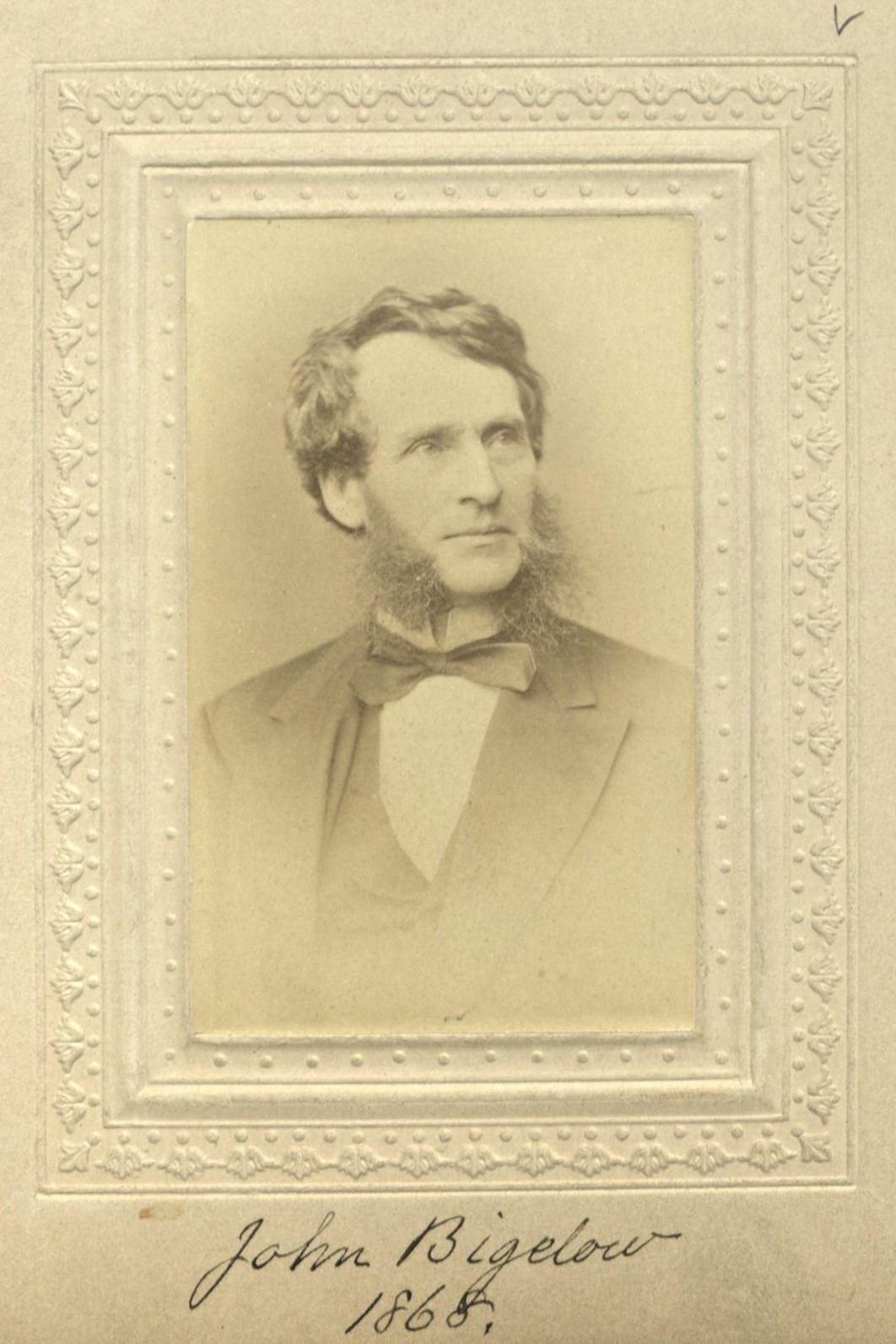 John BigelowLawyer/StatesmanCenturion, 1868–1911
John BigelowLawyer/StatesmanCenturion, 1868–1911 -
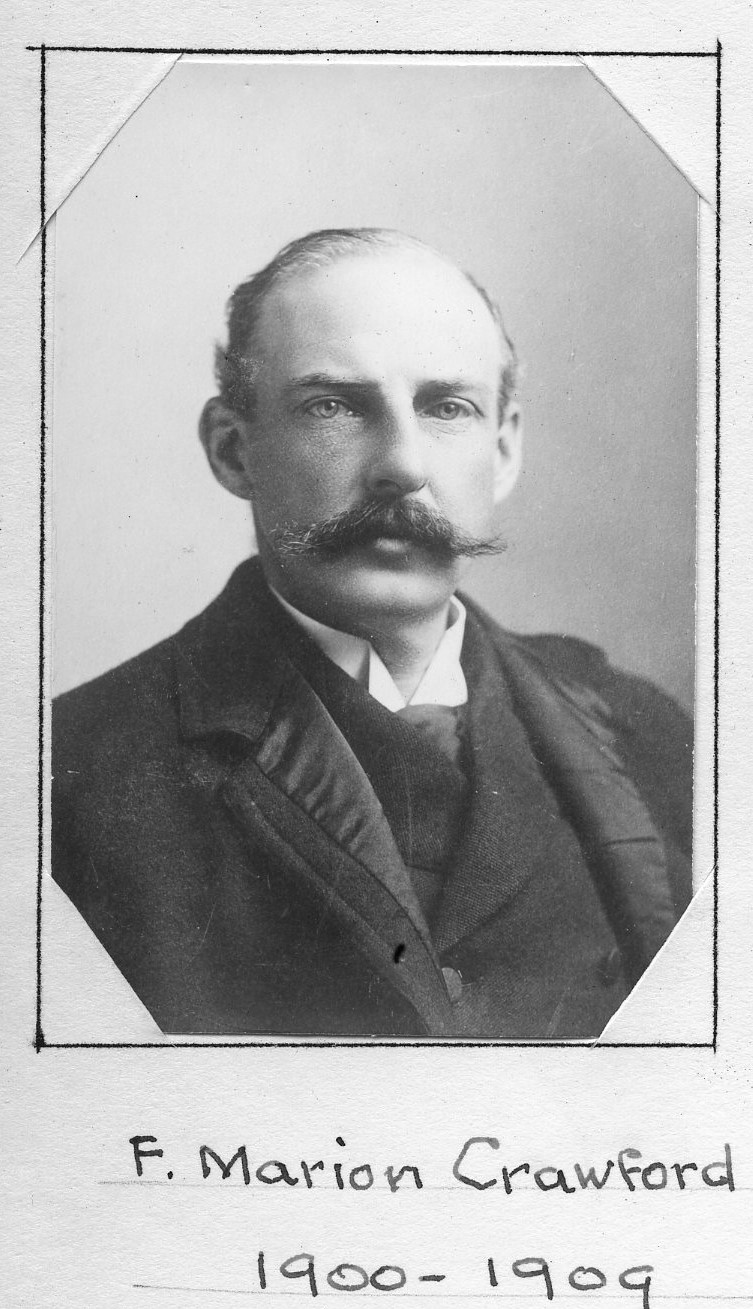 F. Marion CrawfordAuthorCenturion, 1900–1909
F. Marion CrawfordAuthorCenturion, 1900–1909 -
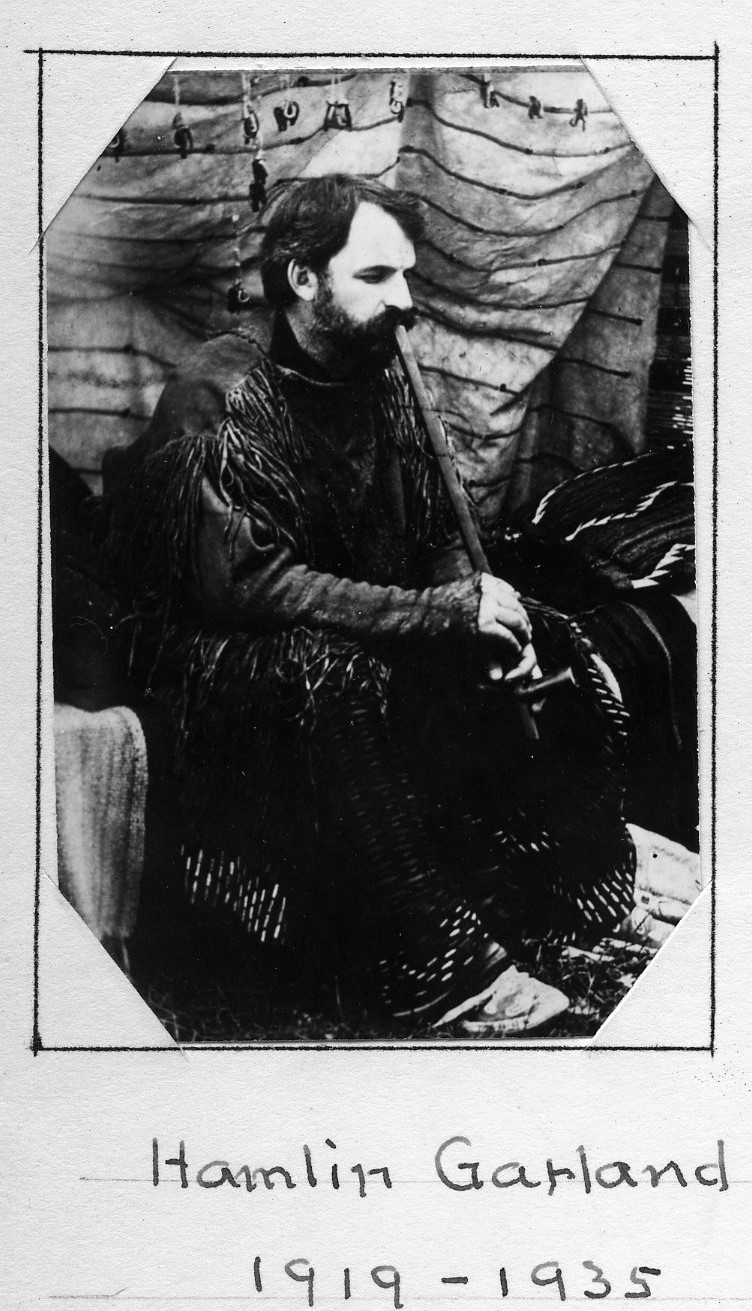 Hamlin GarlandNovelistCenturion, 1919–1935
Hamlin GarlandNovelistCenturion, 1919–1935 -
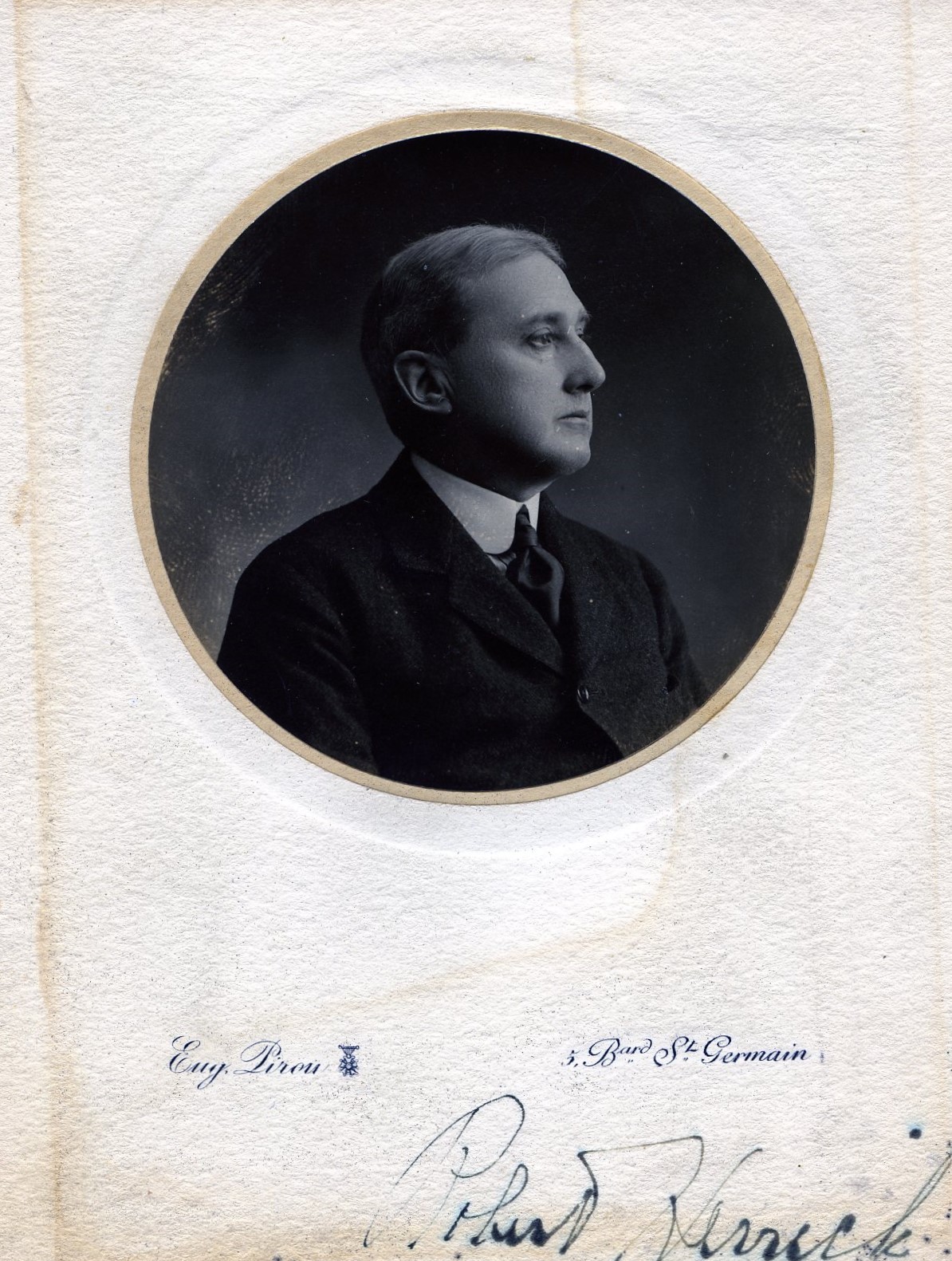 Robert HerrickAuthor/ProfessorCenturion, 1903–1932
Robert HerrickAuthor/ProfessorCenturion, 1903–1932 -
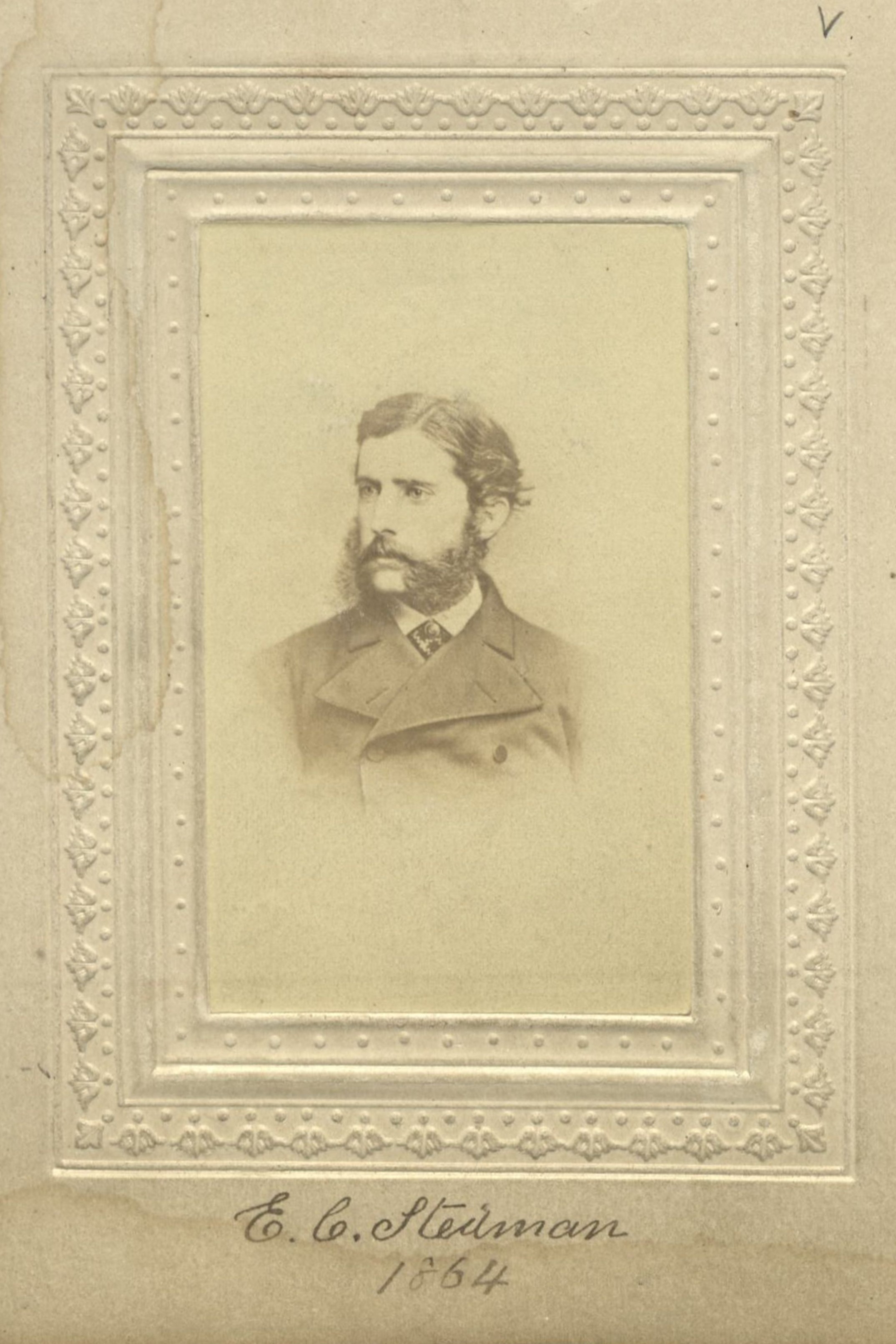 Edmund C. StedmanPoetCenturion, 1864–1908
Edmund C. StedmanPoetCenturion, 1864–1908 -
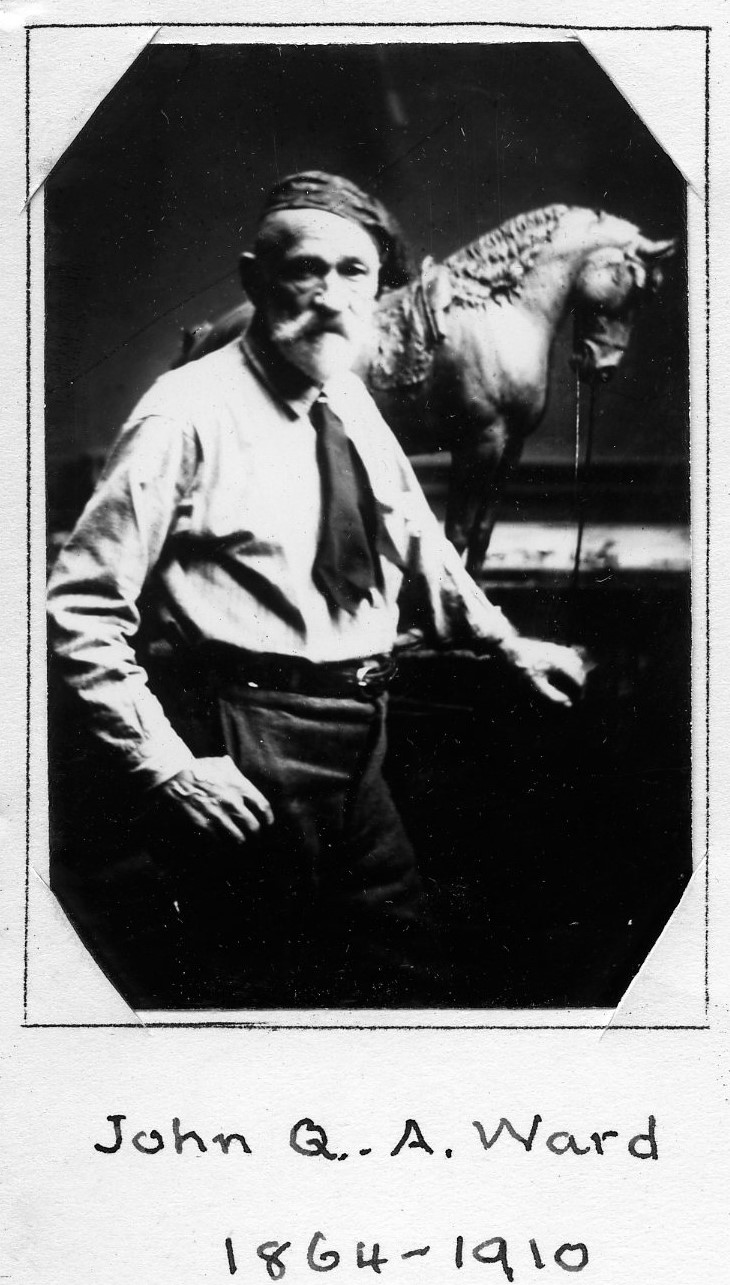 John Q. A. WardSculptorCenturion, 1864–1910
John Q. A. WardSculptorCenturion, 1864–1910 -
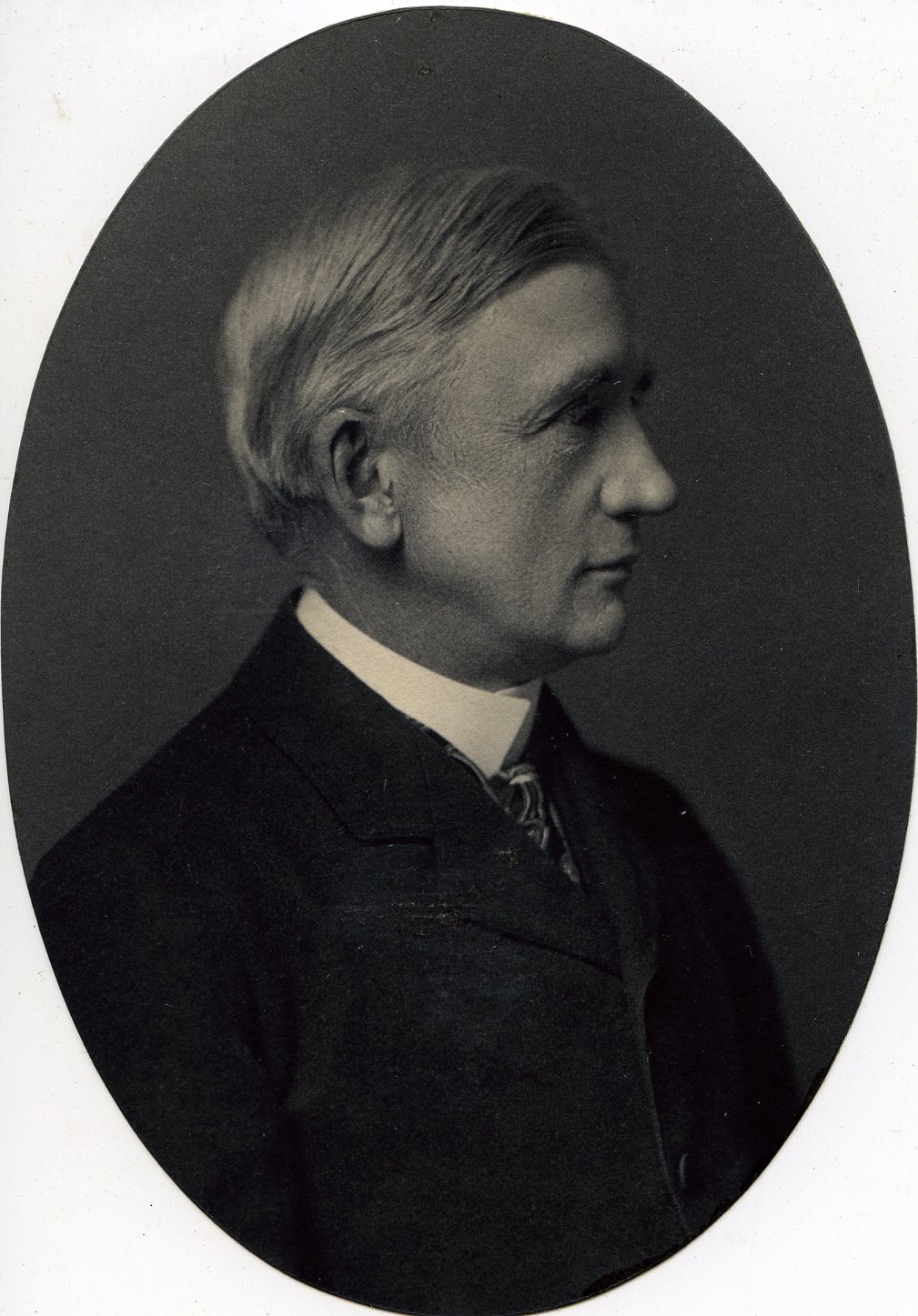 Charles W. WatsonImporter/Civil Service CommissionerCenturion, 1904–1917
Charles W. WatsonImporter/Civil Service CommissionerCenturion, 1904–1917 -
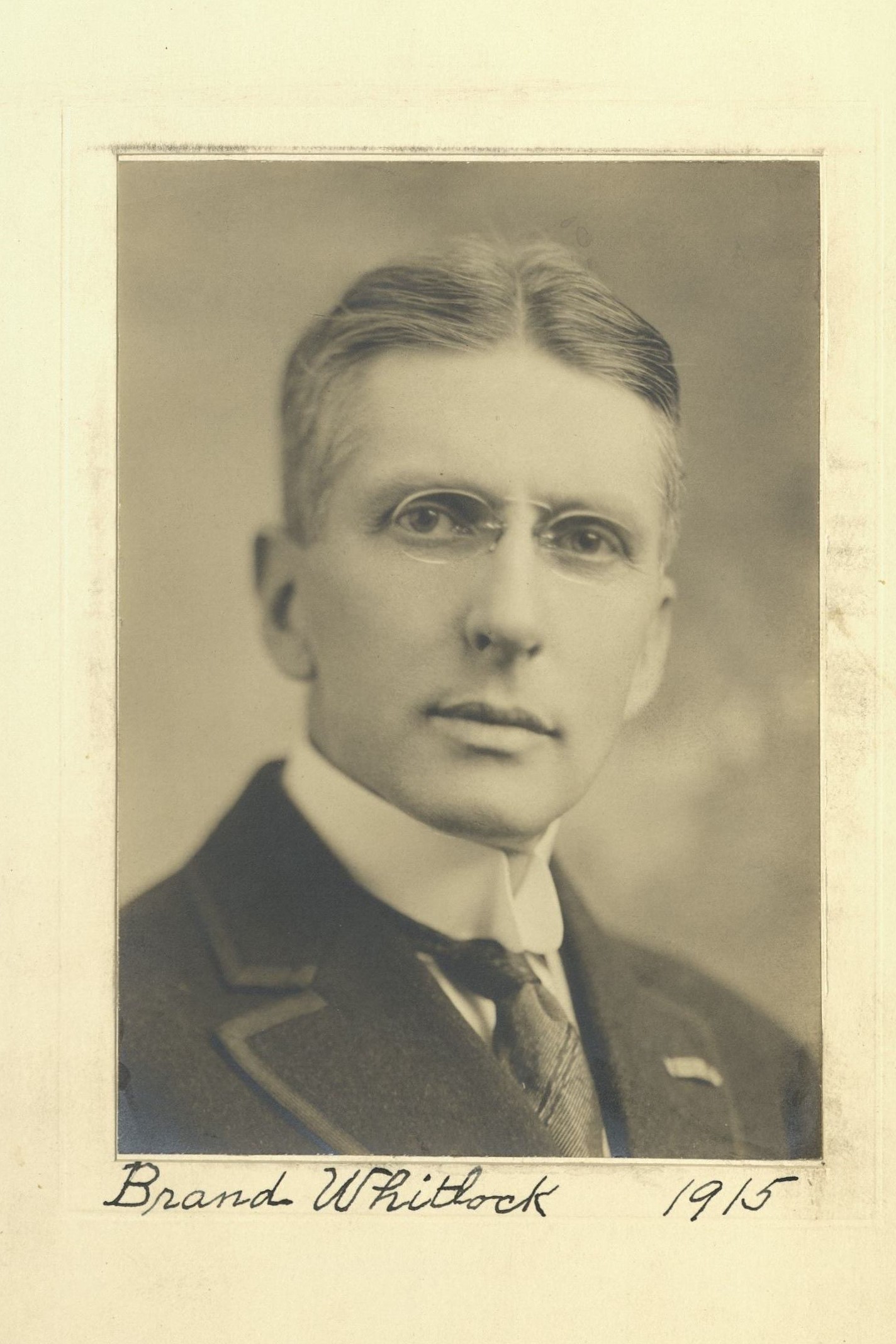 Brand WhitlockMinister to Belgium/Journalist/Author/Mayor of ToledoCenturion, 1915–1934
Brand WhitlockMinister to Belgium/Journalist/Author/Mayor of ToledoCenturion, 1915–1934








